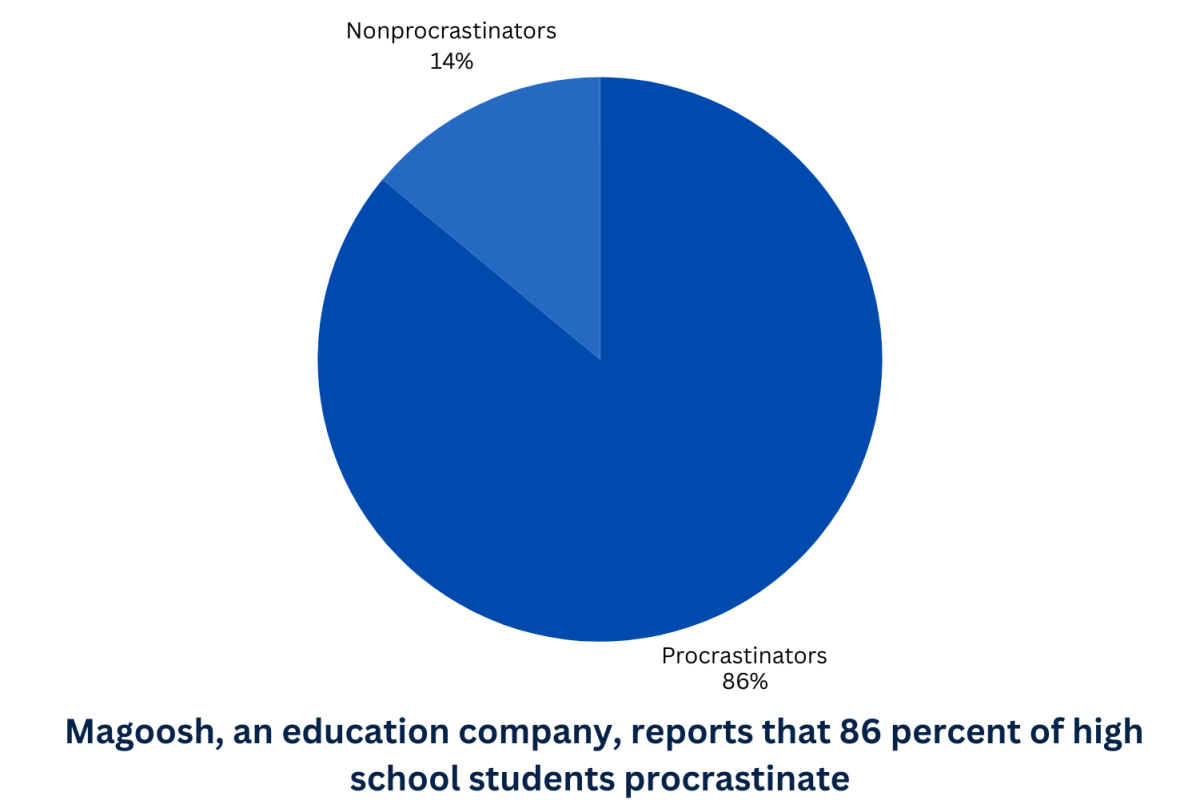When am I ever again going to approximate the area of an integral by using a Riemann sum? Or use long division when there is always going to be access to a calculator? Differential equations?
The fact of the matter is that a lot of us will never again use these equations and formulas, so they are very irrelevant. Many students from Libertyville High School are going into fields that have never required knowledge of a Riemann sum or the quadratic equation. The school is full of artists, writers, and musicians, going into fields that may not require or apply any mathematical prerequisites. There are a lot of topics that are taught in our math department here that a lot of students probably will never see in their jobs. So why is it required we take three years of math to graduate, and are recommended to take a fourth year?
While there are a plethora of students in the building who are not embarking upon a journey involving math, there still are many students that will apply what is taught in Libertyville’s math classes. There are students who are planning on majoring in different fields in business, which apply math in a multitude of ways; there are engineering majors that require a ton of knowledge in math; there are also many other science and mathematics majors that apply directly what is taught in the Libertyville math department.
Beyond what math students are taught in high school for their prospective field in college and afterward, the mathematics curriculum at LHS holds a bigger purpose. According to Mr. Tim Roegner, the head of the math department, the goal of the math department is to “prepare students for life beyond high school” by teaching the students “mathematical thinking.” Mathematical thinking teaches students to reason abstractly and to solve problems multiple ways. The development of these problem-solving skills is very beneficial for students in their prospective fields, as well as in their everyday lives because they learn to solve problems a variety of ways and in different sequences, which applies to everyday problems because real-life problems can be solved in a variety of ways too.
Also, LHS is not the only school that has such a rigorous math curriculum; most schools have, or are working to have, a curriculum on par with ours. If the majority of high schools have been doing this for years, then it must be justified and worthwhile for students to do it. Colleges are looking for students’ success in the math department because — as previously stated — the problem solving developed in high school math classes translates into success in the future.
The topics specifically covered in the math classes are not supposed to apply to everyone directly. Obviously, different subjects are going to correlate with different fields, like other classes. The random equations that are learned in classes do apply to some students here, and those students must be accounted for as well.
So in the end, no, learning long division with variables and solving Riemann sums is not going to save your life some day. Some of you probably have never even heard of those, and most of you will never do it again. But it is not the little details that benefit the student; it is the process of getting there. The problem-solving skills that it takes to solve real-world problems are what come from the math department. So while I won’t argue how relevant it may be for you to learn these topics, it may be that important for someone else.








